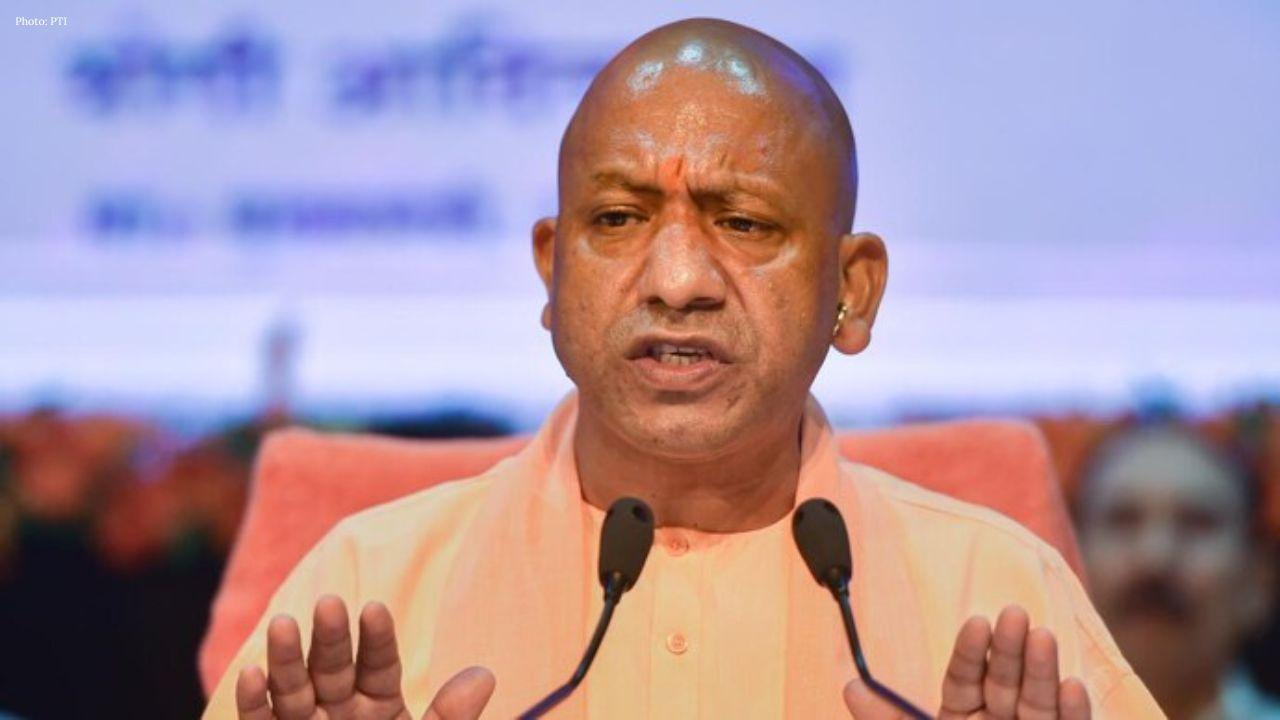You have not yet added any article to your bookmarks!

Join 10k+ people to get notified about new posts, news and tips.
Do not worry we don't spam!

Post by : Anis Farhan
In 2025, outer space has transcended its role as a realm for scientific exploration, becoming a pivotal arena for geopolitical competition. Nations worldwide are recognizing the strategic importance of space, leading to significant investments in satellite technologies, defense systems, and international collaborations. This shift underscores the necessity for a comprehensive understanding of space as a domain influencing national security, economic interests, and global power structures.
Space assets are integral to modern military operations, providing capabilities for communication, navigation, reconnaissance, and surveillance. The vulnerability of these assets to potential threats has prompted nations to bolster their space defense strategies. For instance, the United Kingdom has initiated the development of advanced sensors to counteract laser threats aimed at blinding satellites, reflecting a growing concern over the protection of space-based infrastructure.
Similarly, Russia's consistent attempts to jam British military satellites highlight the escalating risks in space operations. These actions emphasize the need for robust countermeasures and international cooperation to safeguard space assets.
The private sector's involvement in space activities has introduced new dynamics into the geopolitical landscape. Companies like Rivada Space Networks are pioneering secure global data networks using satellite constellations, aiming to provide alternative communication channels that are less susceptible to terrestrial disruptions.
These initiatives not only enhance technological capabilities but also introduce commercial interests into the strategic considerations of space governance. The interplay between governmental and private sector objectives necessitates the development of regulatory frameworks that address security, economic, and ethical concerns.
International collaborations, such as the Artemis Accords, exemplify efforts to establish norms and guidelines for peaceful space exploration. With 56 countries participating, these accords aim to promote transparency, interoperability, and peaceful use of space resources.
However, geopolitical tensions persist, as evidenced by the United States' proposed budget cuts to NASA, which threaten to undermine its leadership in space exploration. Such moves could alter the balance of power in space, potentially allowing other nations to assert greater influence.
The global space economy has experienced unprecedented growth, reaching a record $613 billion in 2024. This expansion is driven predominantly by the commercial sector, which now accounts for 78% of the total space economy. This economic significance underscores the importance of space as a strategic asset in the 21st century.
Nations are increasingly recognizing the economic potential of space activities, leading to investments in satellite manufacturing, launch services, and space-based infrastructure. These investments not only contribute to economic growth but also enhance national security by reducing reliance on foreign space capabilities.
The militarization of space has introduced new security challenges, with nations developing counterspace capabilities to protect their assets and assert dominance. The growing presence of space debris, resulting from collisions and disintegrations, poses risks to operational satellites and space missions. Air University
Furthermore, the development of anti-satellite weapons and electronic warfare capabilities has heightened the potential for conflicts extending into space. These developments necessitate the establishment of international treaties and agreements to prevent the weaponization of space and ensure its use for peaceful purposes.
Developing nations are increasingly participating in space activities, recognizing the strategic advantages of space capabilities. India, for example, has initiated the Satellite-Protection Project to safeguard its orbiting satellites from potential threats. Wikipedia
These initiatives demonstrate the democratization of space access and the growing importance of space for national development and security. As more nations engage in space activities, the need for inclusive governance structures and equitable access to space resources becomes imperative.
Outer space has emerged as a critical domain in the geopolitical landscape of 2025. The convergence of military interests, economic considerations, and technological advancements has transformed space into a strategic frontier. Nations are compelled to develop comprehensive space policies that address security, economic, and ethical dimensions to navigate the complexities of this new geopolitical arena.
The views expressed in this article are those of the author and do not necessarily reflect the official policy or position of any government or organization.










Thai AirAsia Targets Growth Through China & Long-Haul Routes
Thai AirAsia aims 6-9% revenue growth in 2026 expanding domestic flights and new international route

India Ends Silent Observer Role Emerges Key Player in West Asia
From passive energy buyer to strategic partner India’s diplomacy in West Asia now commands trust inf

Indian Students Stuck In Iran Amid US-Iran Tensions And Exam Worries
Rising US-Iran tensions leave Indian students stranded, fearing missed exams could delay graduation

India Says J&K Budget Exceeds Pakistan’s IMF Bailout
India slammed Pakistan at UNHRC, stating J&K’s development budget exceeds Pakistan’s IMF bailout and

UP CM Holds Talks With Ex Japan Economy Minister in Tokyo
Yogi Adityanath met former Japan economy minister Nishimura Yasutoshi in Tokyo to boost UP-Japan coo

Hiroshima Teacher Arrested for Alleged Sexual Assault of Minor
A 37-year-old high school teacher in Hiroshima was arrested on suspicion of sexually assaulting a te